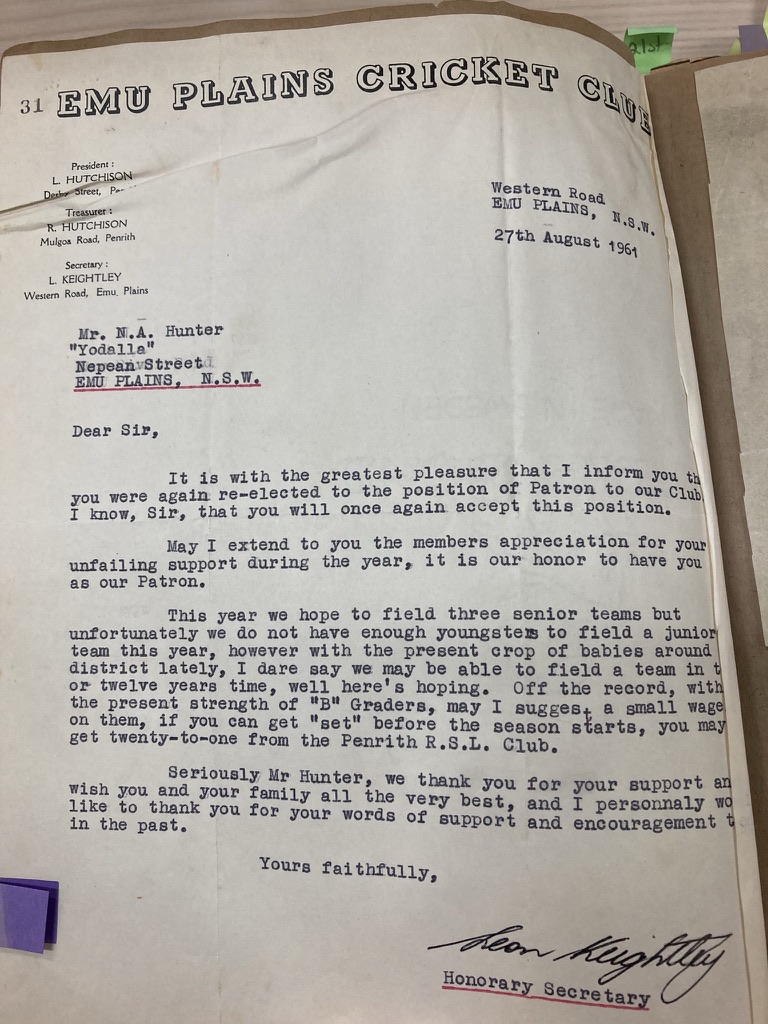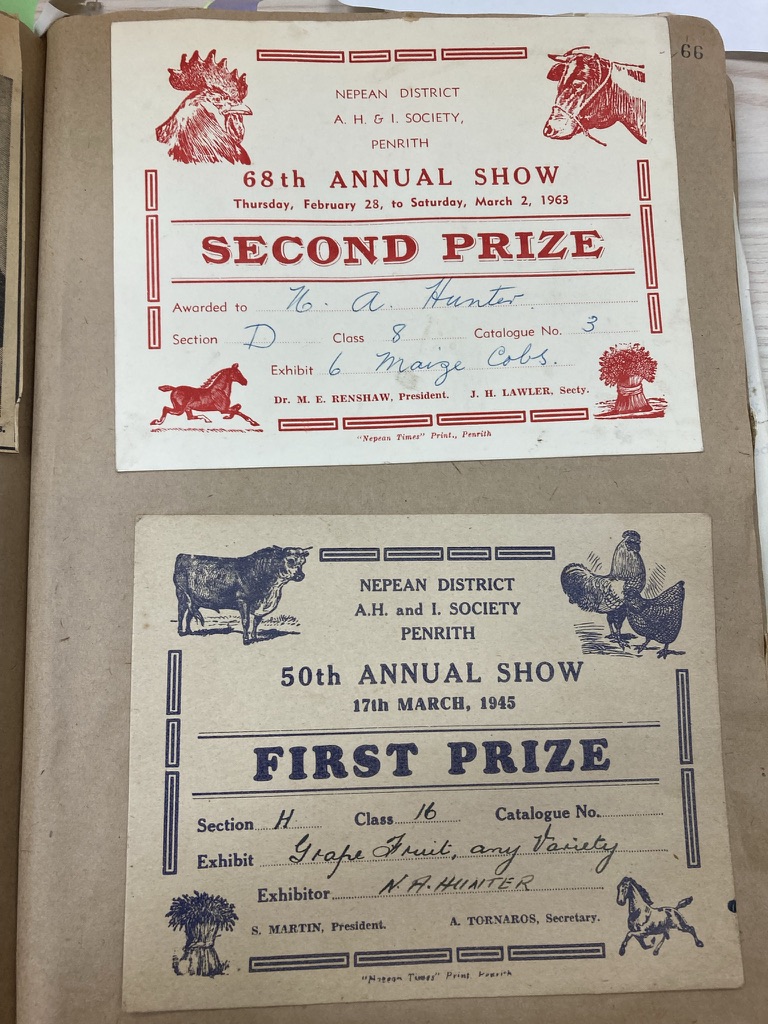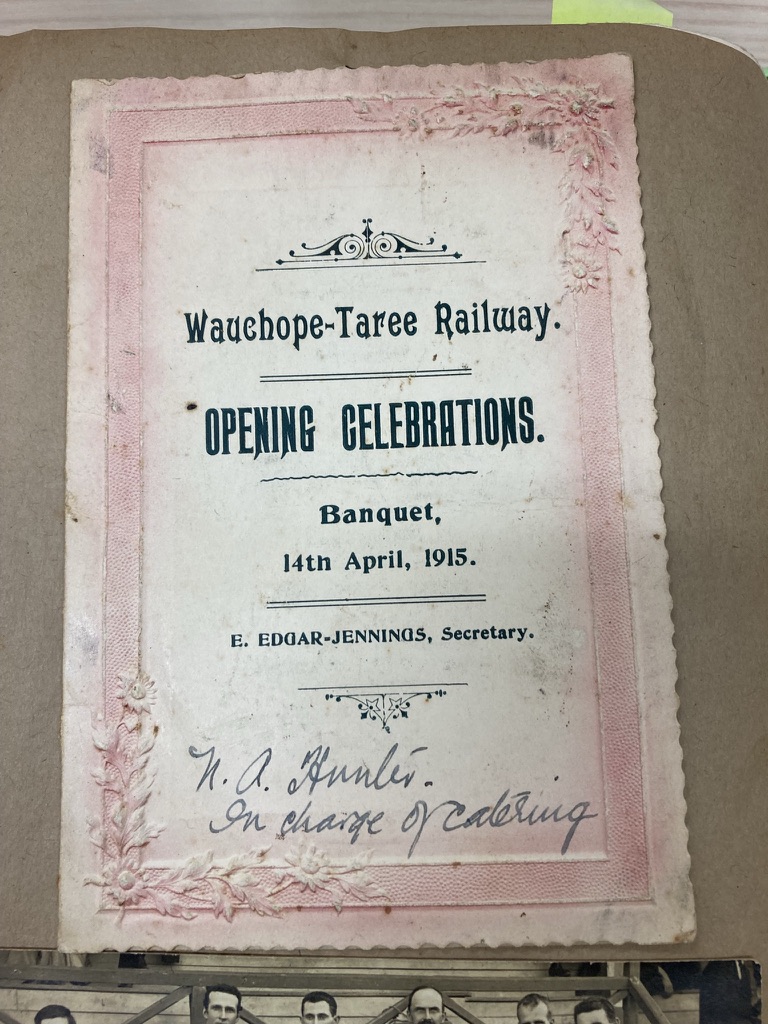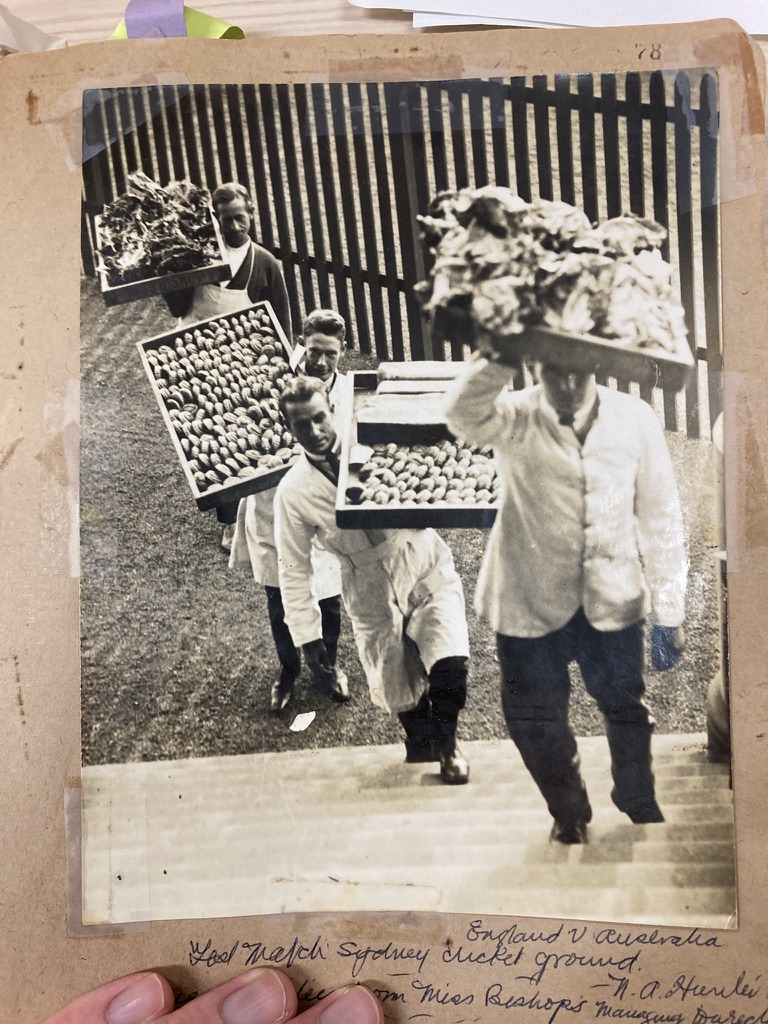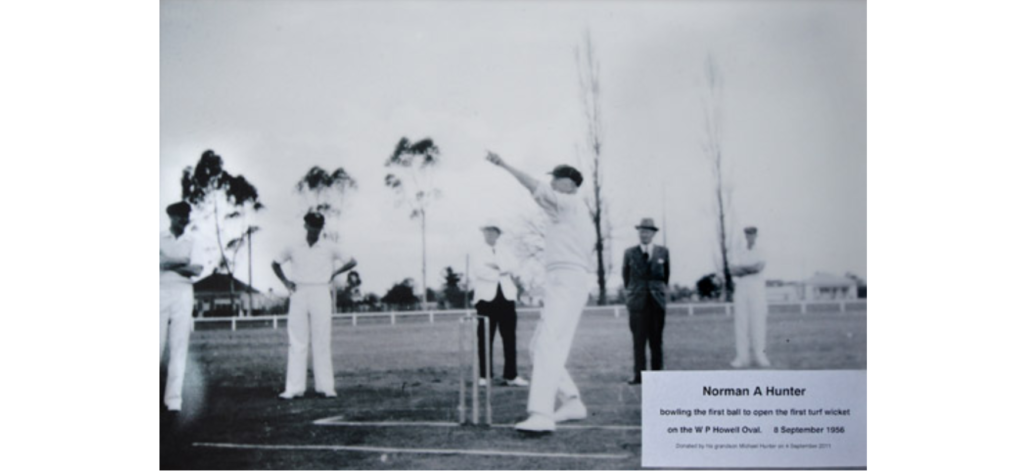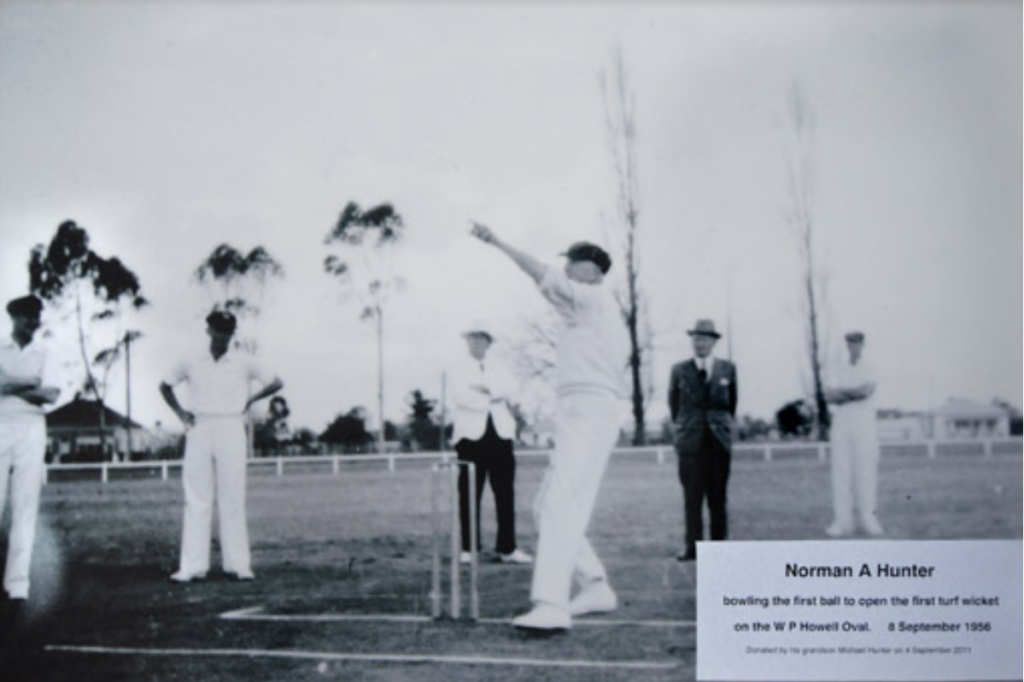
I have spent the last few months working with the Local Studies department of Penrith City Library, researching the Hunter family of Emu Plains. The project started as a documentation of some home films that the library is preparing to upload to their website, but pretty quickly I realised I also wanted to do a write up about the family for their website. My work hasn’t yet been uploaded to the website, so for now I’ve attached it as a PDF at the end of this post.
In my research I drew mostly from the resources available in the library’s Norman Hunter collection. The library also had a number of secondary sources which I was able to use. I found the book Penrith: The Makings of a City by Lorraine Stacker to be particularly helpful. Additionally, I used Trove to find newspaper articles concerning the family. I ultimately split the information I found into five key themes:
- The orchard on Norman’s property “Yodalla” at Emu Plains,
- Norman’s role as the managing director of the Aerated Bread Company,
- Norman’s contributions to the development of sport in Emu Plains and Penrith,
- The contribution of Norman’s wife, Ellie Hunter, to the local Country Women’s Association, and
- The family’s role in the community of Avoca Beach
In my view, these five themes best encapsulate the Hunter family’s contribution to their communities. These areas are also where their legacy can still be seen today, and thus I believe focusing on them is the best way to contribute to historical writing on Penrith and Emu Plains.
This is where I believe the significance of my project lies. The scholarship on the Hunter family is limited, and what information is accessible is mostly limited to primary sources. Thus my project is significant in its synthesis of existing primary sources.
My project satisfied an immediate need for Penrith Library. As they have digitised many of the home films made by the Hunter family and are preparing to make them available on their website (a process I contributed to by providing annotations for the films) it is necessary to provide some historical background and situate the films in their context. In doing so, I have also increased the accessibility of information about the Hunter family to the wider public. Most of the information I drew from is available in the Norman Hunter collection at the library, but it is not easily accessed by everyone, for various reasons including if they are located outside the area.
Overall I found the process of working with the library to be a good experience. They provided me with a lot of information about the Hunter family, including secondary sources along with their archive sources. I also felt that I was able to create the project I wanted. I was limited somewhat by the standards of their website, but I didn’t find to be too constraining. I also had plenty of images to draw from for the final project, and I feel that the ones I chose complement the text well.
Moving forward, my project is largely self-contained so I don’t foresee myself needing to be involved in the future. However, I would be open to maintaining the project if necessary.

